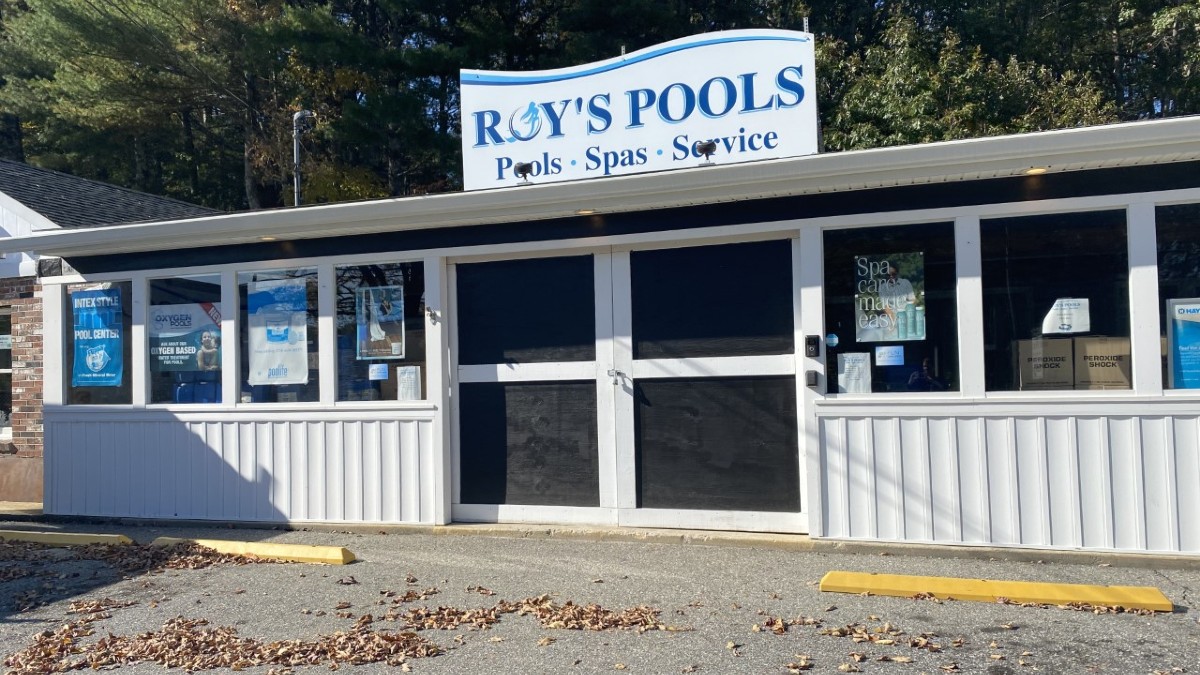The House voted 115-26 Thursday to send voters a ballot question about whether they would like to see Connecticut offer some form of early voting in the future. It’s next stop will be the state Senate.
“At the end of the day folks, Connecticut’s constitution puts us in a bad place. We are not in good company,” House Speaker Matt Ritter said.
Ritter said Connecticut’s constitution prevents voters from casting their ballots before election day. `
“This is not a partisan issue. This is Democrats, Republicans, unaffiliated, they all support this overwhelmingly in the state. It’s time we let the people decide,” Secretary of the State Denise Merrill said
329 medal events. 32 sports. Endless drama. Catch all the action at the Paris Olympics. Sign up for our free Olympics Headlines newsletter.
The General Assembly passed an early voting bill two years ago so they only need to pass this one with a simple majority.
Lawmakers actually aren’t voting on easing voting restrictions, they’re voting on whether to send the issue to voters.
“Whether you agree with the bill or not I hope you will at least let people weigh in in 2022,” Ritter said.
Local
There was bipartisan support for the measure two years ago. Since that time Republicans have begun to register some concerns.
“Areas of concern generally are how long does early voting take place, especially given the financial impacts it will have on our communities,” House Minority Leader Vincent Candelora said.
Not until voters weigh in on the issue will lawmakers decide how long early voting should last in Connecticut.
“Election law should never be a partisan issue. When it becomes partisan I think we all should be concerned,” Candelora said.
For some like the NAACP, it’s also an issue of equality.
“By passing voting rights legislation the General Assembly will be taking significant steps forward for racial justice,” Betts said.
Lawmakers don’t plan to vote Thursday on asking voters whether they should explore no-excuse absentee ballots. They’re saving that debate for another day.
Some lawmakers have expressed concern about the mass mailing of absentee ballot applications during the 2020 election.
“I don’t think fraud has ever been proven to be a significant problem in Connecticut, but it certainly does exist,” Candelora said.
Candelora says increasing access to the ballot comes with some risk.
“We also need to be mindful of protecting the integrity of the vote. Because just as much as it’s important for people to be able to vote. Individuals need to be confident that there’s integrity in our voting system,” he said.
House Majority Leader Jason Rojas said, “we’re trying to reduce barriers. Anything that’s being suggested about signatures, id laws. We’re trying to reduce barriers here not increase them.”
Democratic election officials say there’s no widespread fraud.
“Connecticut citizens did have an opportunity to use absentee ballots this year and as a result we had the highest voter turnout in the history of the state,” Merrill said.
Candelora says no-excuse absentee ballots used to be a bipartisan issue until this past year when Merrill mailed out absentee ballot applications to every voter in the state.
“So there is a concern that this could lead to a mass mailing of applications to every single household,” Candelora said.
Merrill says she has no intention of sending out absentee ballot applications to all voters again.
Ritter reminded his colleagues that Thursday's vote would simply give voters an opportunity to weigh in on the issue.
“Whether you agree with the bill or not I hope you will at least let people weigh in in 2022,” Ritter said.



